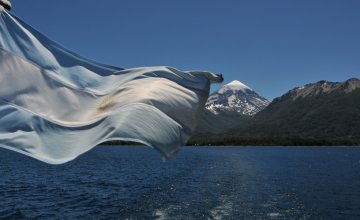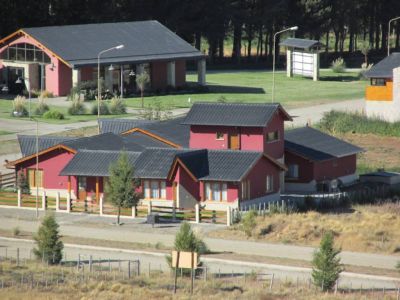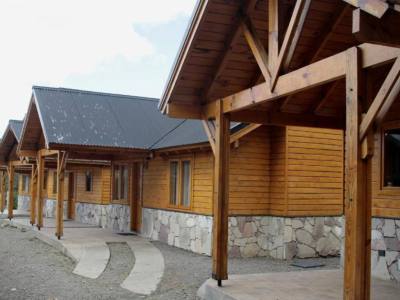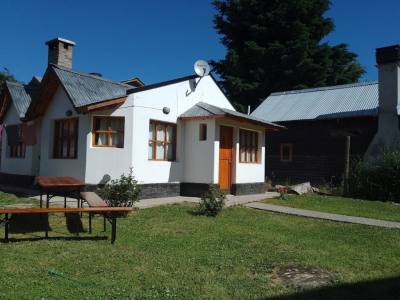
Pioneer in Junín de Los Andes, don Moisés himself hosted a complete rural store that has been turned into a private museum by his descendants.
"La flor del día" (The Flower of the Day) was the name of this general store where the locals bought the necessary supplies to survive in the countryside. Everything preserved at this venue is part of the living history of
Junín de los Andes and one of its traditional families. As this is a private collection, it was necessary to introduce ourselves by phone before visiting the museum where we would see over 400 items treasured by the family in the old store. It was logical that we should want to learn about the beginnings of this memorable nook in town. In 1900, Simón Roucouz (original surname), father of
don Moisés, arrived in Neuquén from Mairuba (Lebanon). He became established here and set up his business. He lived with his family at
paraje San Ignacio between 1911 and 1914. Then they moved to Quilquihue and finally to Junín de los Andes, where they settled down for good.

His first general store, fruit stock and livestock buying and selling developed in the venue where the old hospital is located today. It was not until 1929 that the present building was raised on the corner of San Martín Street and Coronel Suárez Street. It was known as
"La flor del día” until 1982, when it closed its doors forever. A detailed tour showed us blankets, sashes and
ponchos with various patterns and colors,
Mapuche wooden and pottery pieces, items from the days of the Desert Campaign, including weapons and a document signed by Julio A. Roca. In addition to all this, there are also spurs, stirrups, rings,
bombillas and very old brakes, ink for quills and gas irons. As each of these elements had an interesting story, we listened to our guide carefully in a kind of homage to those who dared to populate Patagonia, even when they came from very distant countries.






























